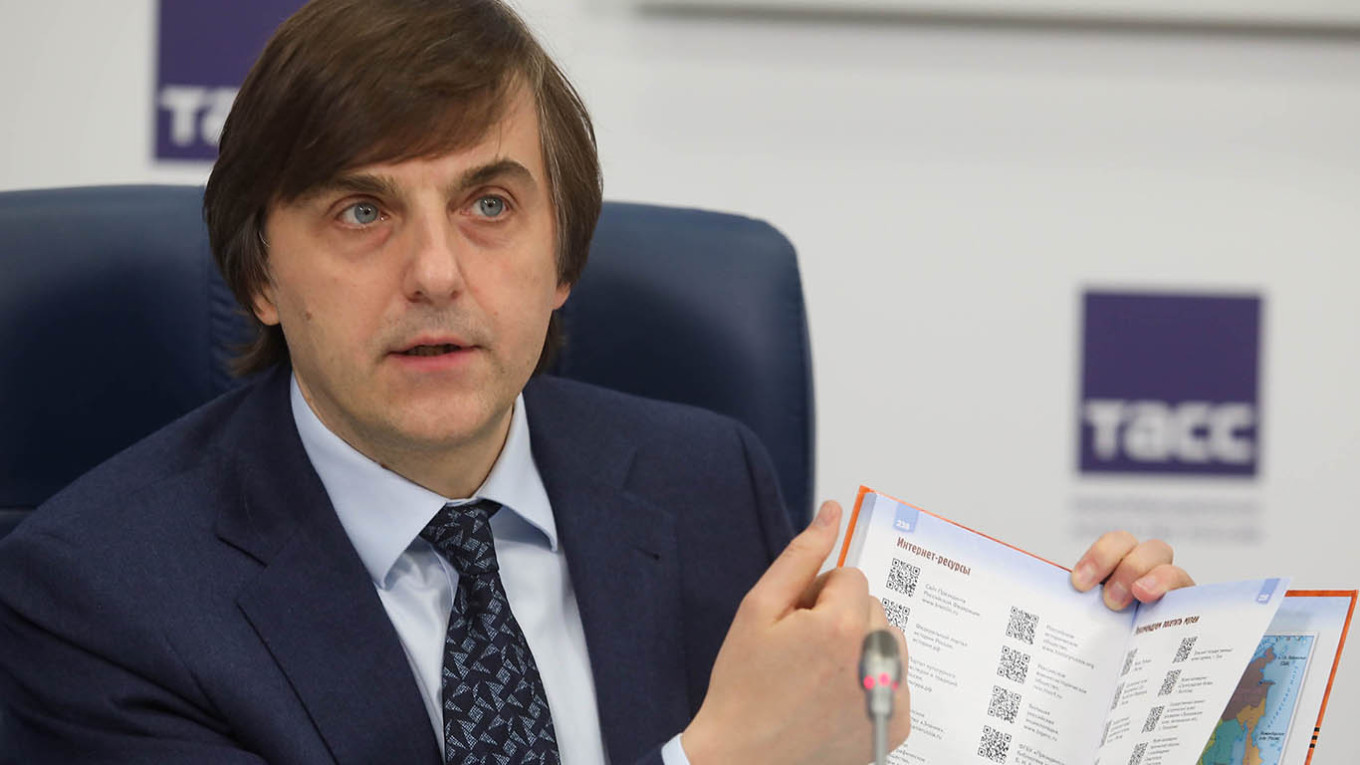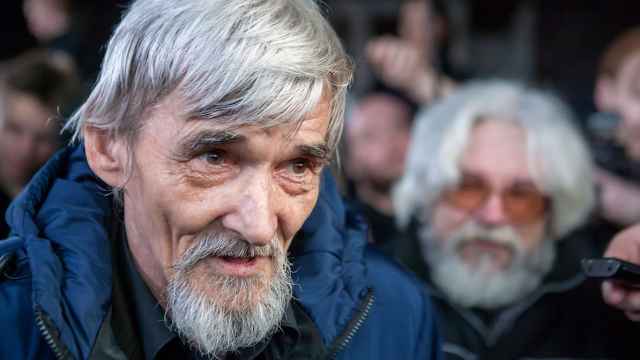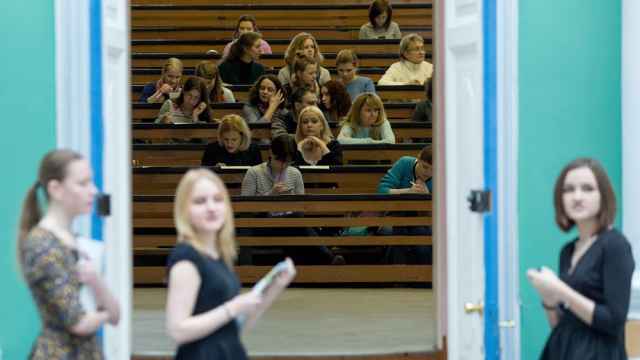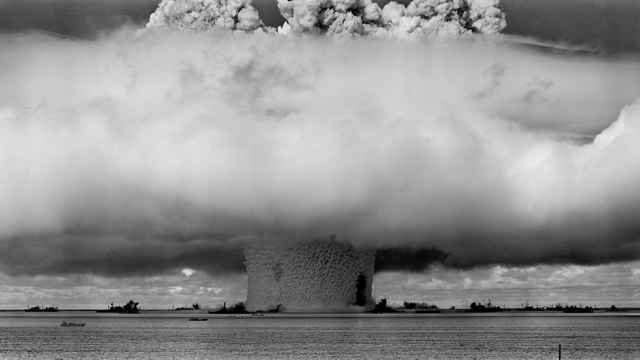Russia’s education minister on Wednesday accused fellow former Soviet republics of presenting what Moscow deems to be a distorted and overly negative portrayal of the Soviet Union and Russia in their school textbooks.
The comments come amid a broader push by the Kremlin to reassert its influence over historical narratives in the former Soviet sphere, as ties between Moscow and several neighboring states have frayed in the wake of its full-scale invasion of Ukraine.
Speaking in the lower-house State Duma, Education Minister Sergei Kravtsov claimed that history education in Commonwealth of Independent States (CIS) countries suffers from “inconsistencies” that deviate from principles of objectivity and historicism.
Kravtsov noted that descriptions of the Soviet era “generally present Russia in a negative light.”
A 2024 Russian Academy of Sciences analysis of history textbooks from 11 countries, including former Soviet republics and countries in the Middle East, found that textbooks from some of these countries depict Russia as a colonial state and aggressor acting in its own interests.
On Sunday, President Vladimir Putin lamented what he described as a breakdown in educational cohesion after the fall of the Soviet Union.
“When some of these textbooks were brought to me, I was surprised to discover that they they contained anything but truthful information ... [with] both open expressions of Russophobia and distortions of historical facts,” he added.
Following the invasion of Ukraine, the Russian government introduced a new history textbook for high school students that reflects the Kremlin’s interpretation of recent events.
The text describes the 1990s as a period of decline, refers to the annexation of Crimea and parts of eastern Ukraine as a “return of historical lands” and quotes Putin’s now-famous assertion that the dissolution of the U.S.S.R. was “the greatest geopolitical catastrophe of the 20th century.”
In addition to Russia, the CIS includes Moldova, Georgia, Armenia, Azerbaijan, Belarus, Kazakhstan, Uzbekistan, Kyrgyzstan, Turkmenistan and Tajikistan.
Ukraine left the CIS following Russia’s annexation of Crimea in 2014.
A Message from The Moscow Times:
Dear readers,
We are facing unprecedented challenges. Russia's Prosecutor General's Office has designated The Moscow Times as an "undesirable" organization, criminalizing our work and putting our staff at risk of prosecution. This follows our earlier unjust labeling as a "foreign agent."
These actions are direct attempts to silence independent journalism in Russia. The authorities claim our work "discredits the decisions of the Russian leadership." We see things differently: we strive to provide accurate, unbiased reporting on Russia.
We, the journalists of The Moscow Times, refuse to be silenced. But to continue our work, we need your help.
Your support, no matter how small, makes a world of difference. If you can, please support us monthly starting from just $2. It's quick to set up, and every contribution makes a significant impact.
By supporting The Moscow Times, you're defending open, independent journalism in the face of repression. Thank you for standing with us.
Remind me later.






